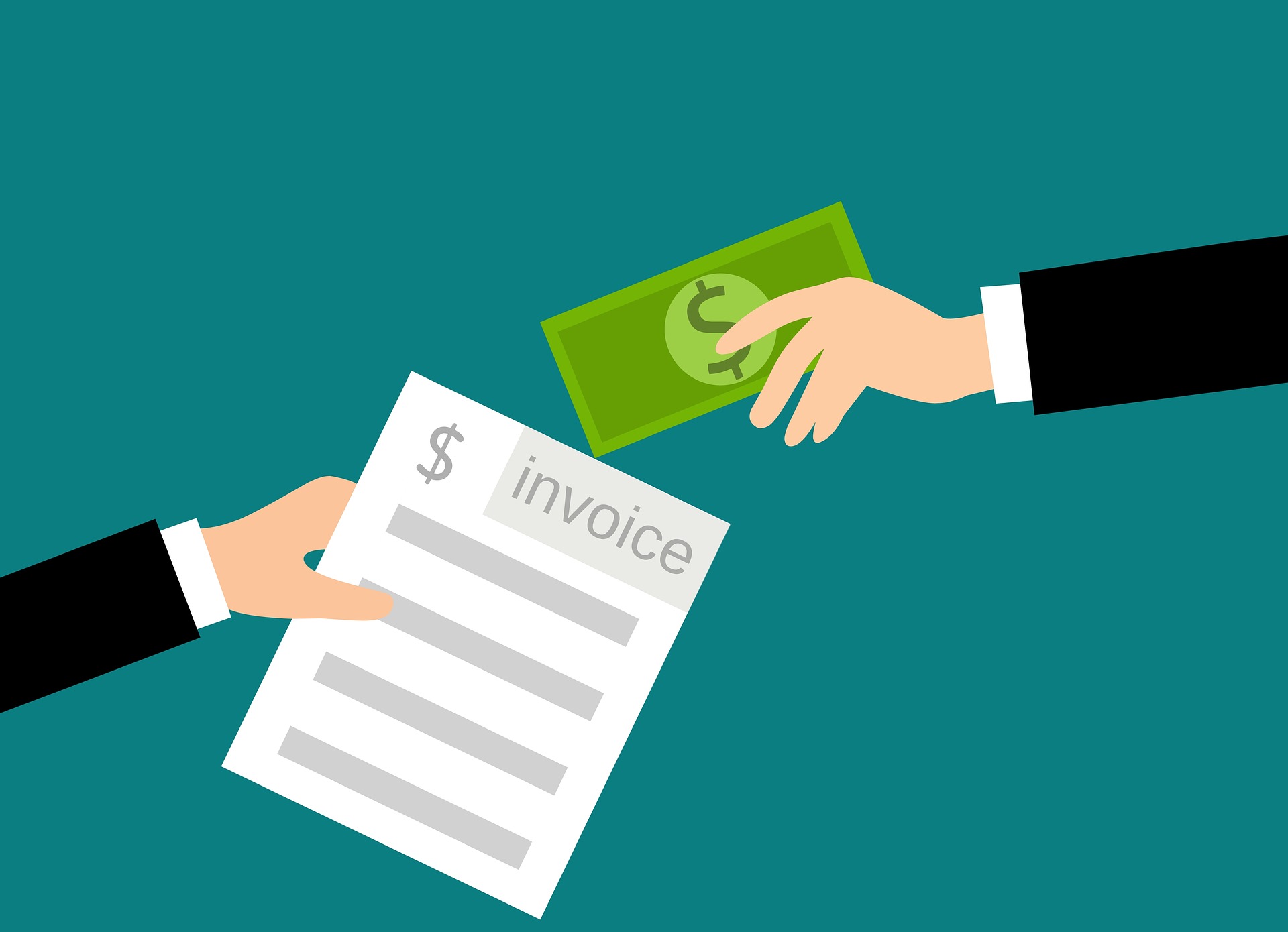The bad news is there’s no ‘easy’ way to set fees. The good news is that if done right, your fees can be a real selling point.
[Note: This post was originally published in September 2012 – over 10 years ago – and yet the same conversations around billing and fees continue to occur in law firms today. Is it time to finally make some changes?]
I was privy to an interesting conversation some time ago among a number of lawyers in response to one attorney marketing himself as the ‘lowest priced.’ Not surprisingly, some reacted to the issues of ‘commoditization’ of the legal practice and competition based on price alone.
I think that competing solely on price isn’t the best way to go for marketing your legal services. But this post isn’t about marketing, it’s about fees.
One contribution to this discussion was that lawyers shouldn’t raise their rates just because everyone else is charging a higher amount for a particular service. This same contributor opined that lawyers’ rates should be based on experience and ‘what it takes to be profitable.’
Is raising your rates inherently ‘bad’?
While I don’t necessarily disagree that raising rates just because another firm does is the way to go, I have to wonder why some attorneys seem to believe that raising rates is inherently ‘bad’ – that charging a higher rate when they ‘can’ do the work for less is somehow unprofessional. Why should lawyers undervalue their services?
Although I didn’t probe this particular attorney for further insight, it would seem that setting fees based solely on experience and ‘what it takes to be profitable’ fails to take into account an individual lawyer (or law firm’s) unique skills and talents (as distinct from ‘experience’), creativity and innovation.
And how does one define what it takes to be ‘profitable?’
If ‘profitable’ means that the income exceeds the expenses for that particular matter, how much over the expenses is it ‘appropriate’ for an attorney to charge? $1? $10? $100? $1000? Why shouldn’t a lawyer that brings a unique perspective or a unique way of resolving a client’s problem be able to charge more? Are lawyers, as professionals, somehow obligated to limit themselves to a particular profit margin?
Basing fees solely on what’s ‘profitable’ for the lawyer implies that the value of the lawyer’s services is determined by the cost to provide those services. In reality, this is rarely the case. We accept that cost isn’t the only factor in determining price or value in other areas. It is understood that the price we pay for art, or electronics or clothing isn’t based solely on the cost to manufacture those items, but also takes into account the value we place on those items. We accept that the individual that comes up with the ‘next great idea’ for a product that saves us time and effort is worthy of receiving large sums of money for their invention. But for some reason, many refuse to accept this principle when it comes to legal fees and innovating legal thinking. Lawyers contribute to the problem by ‘educating’ the public to determine legal fees based solely on the number of hours worked.
Value-based fees
This brings me back once again to value based fees; if fees are based upon the value the lawyer’s services bring to the client, the amount of the lawyer’s ‘profit’ is irrelevant. Indeed, many times, a client is much better served with a creative solution that takes much less time than a ‘tried and true’ solution which takes longer to complete. If the lawyer’s fee is based solely on the ‘quantifiable’ input to the case – time and expenses, and perhaps even experience, the lawyer’s fee will likely be much lower for the lawyer that got the client the quick, creative result. This kind of pricing puts the lawyer and the client in conflict, and discourages creative, innovative problem solving.
If lawyers focus on the benefits to their clients as a result of the lawyer’s services, rather than the number of hours worked on a matter or the cost to the lawyer of achieving the result, chances are that both lawyers and their clients would be much more satisfied and the quality of the legal services provided would be better; lawyers would be motivated to provide the best solutions for their clients – not merely the most costly ones or the ones that take the most time.
Of course, I’m not suggesting that all lawyers that charge based on hours billed are providing lesser quality service. But the inherent conflicts in the hourly billing system are troubling, particularly when this system leads lawyers and non-lawyers alike to conclude that there’s something ‘wrong’ with lawyers profiting from their work or raising their rates. If lawyers don’t value the services they provide to clients, how can they expect the clients to value them?
Can higher rates benefit your clients?
It’s worth considering also that higher rates can also ultimately benefit the client. If at least some of the profit earned by a law firm is re-invested in the firm – in the personal and professional development of the lawyers and staff, in recruiting the best people to serve the client, in technology which makes the job easier, faster, more efficient, in researching ways to better serve the client – those ‘higher rates’ or ‘additional profits’ add up to a better experience and higher quality service for the client. And obviously, firms that are in a better financial position are often in a better position to give back to the community in other ways as well, by contributing financially and providing pro bono services. Lawyers that are merely subsisting are arguably in a much weaker position and are less able to be effective in helping their clients and the community at large.
See more on billing and fees:
- Dealing with Difficult Clients
- How Much Should Lawyers Charge?
- Are Your Invoices Hurting Your Law Practice?
- Get Paid Faster: Proactively Communicate with Clients [video]
- Tools to Communicate with Clients About Fees [video]
- How to Avoid Surprise Bills [video]
- How to Talk to Clients About Fees [video]
- What To Do If A Client Questions Your Bill [video]
- 5 Ways to Improve Cash Flow
- Are Free Consultations a Waste of Time?
If you liked this article, subscribe to my e-newsletter, and you’ll receive new articles in your inbox.
Already a subscriber? Want to know how I can help you? Learn more about the products and services I offer.

Allison C. Johs
Legal Ease Consulting, Inc
Creating Productive, Profitable, and Enjoyable Law Practices

P.S. Found a mistake or a bug? If there’s anything that bothers you about this site, I want to know! Send me an email at Allison@LegalEaseConsulting.com. I want this site to be not just a resource, but a refuge for lawyers. I want you to be comfortable here. So if there’s something that bothers you, please tell me!





Essentially, an attorney’s value is based on 1) his exeirpence; 2) his ability to find answers in the law; and 3) his time.An attorney will charge you the reasonable value of his time.So what is reasonable? Reasonable is whatever you and he agree upon. I know that the attorneys (depending on the areas of law) charge anywhere from $125 $400 per hour (general areas) depending on the nature and complexity of a matter. And this includes, not only time you spend with him/her, but time on the phone, and time researching your question.While an attorney may require a retainer (deposit) to be applied against his fee, he will almost never charge a monthly fee. Or, he and you could agree to a “flat fee” for particular services.In your case, you seem to be seeking basic legal advice on a myriad of matters. In your case, and based on the nature of the issues listed, you may be the RARE case where a prepaid legal plan might be a useful alternative. (Indeed, you are the first person I have ever seen articulate a use for such plans that would be useful and cost-effective).
Dev,
I think you are missing one of the major components of an attorney’s value – their ability to solve problems and to come up with solutions to help the client meet their goals. Not all of the “answers” can be “found” in the law. There are statutes and there are case precedents, but they don’t always apply, and sometimes it is up to the attorney to come up with a new argument or a new solution. Often that means being able to understand not only the client and the surrounding circumstances and the limits of the law, but also the opposing party (and their attorney). Time is not what attorneys are selling – it’s knowledge, skill, innovation, problem-solving, and a host of other “intangibles” that are highly valuable. Time has become a measure because it is tangible and easy to measure. But it doesn’t do attorneys or the work they do any justice.
Allison